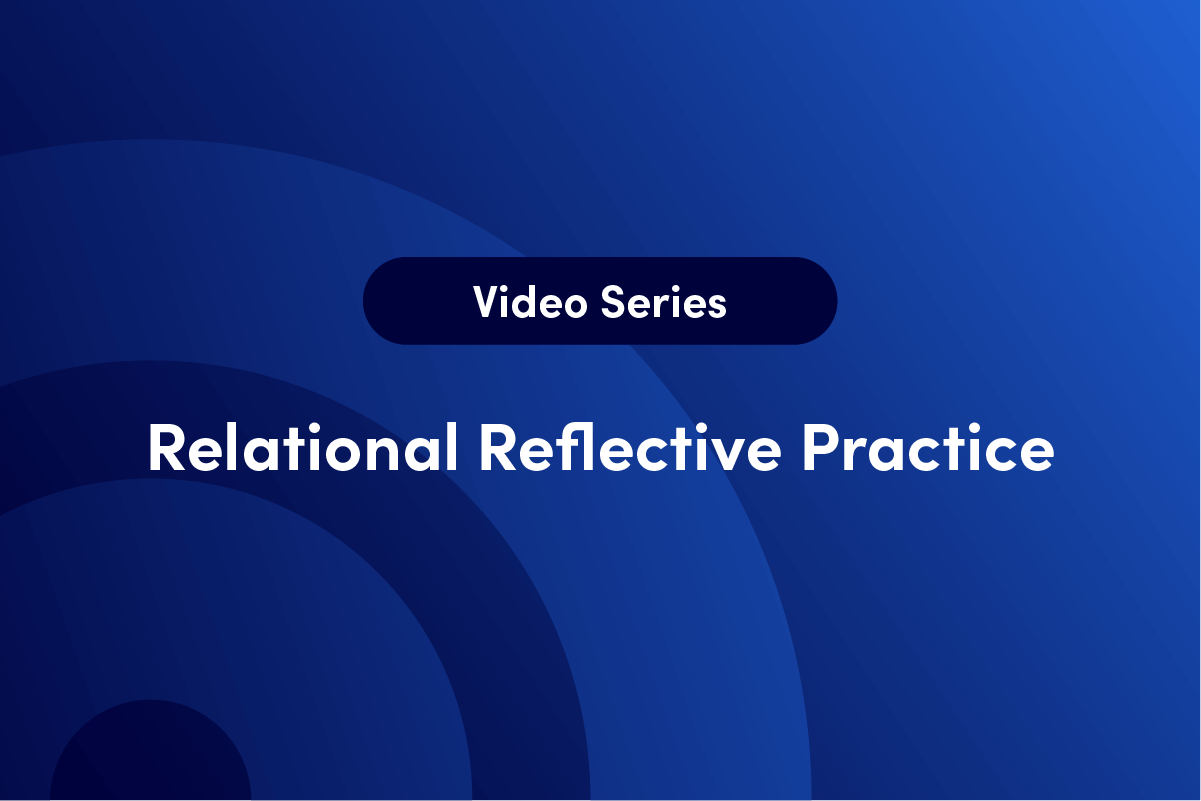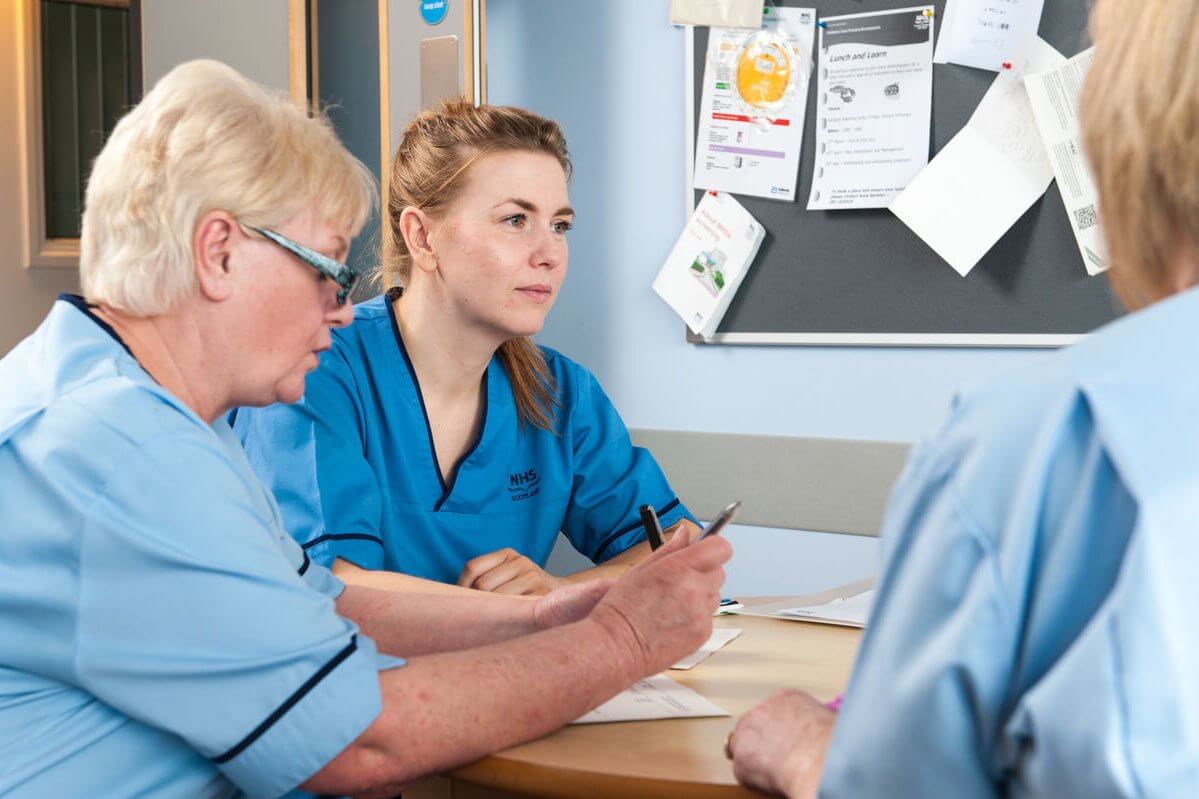Other topics

Relational Reflective Practice
In this video series, Adam Burley discusses Relational Reflective Practice, providing an overview of what it is and how it can be used to benefit staff, managers, and patients alike….

Psychologically safe workplaces
What is psychological safety? We’re all familiar with the frustration of sitting in a virtual meeting and trying to speak up, only to find you’ve forgotten to uncheck the dreaded…

Leading to Change
Leading your staff with kindness and compassion is important – it can help boost their wellbeing as well as their motivation. If you are interested in developing your leadership skills,…

Managing Trauma-Informed Services
What are trauma-informed services? The phrase ‘Trauma-Informed’ has become increasingly popular, with many organisations aspiring to become trauma-informed or deliver trauma-informed practice. But what does the phrase ‘trauma-informed’ actually mean?…

“The Courage to be Kind”
In 2021, the Carnegie Trust recorded a special podcast series entitled, “The Courage to be Kind”. Across six short episodes, Carnegie Associate, Dr Elizabeth Kelly and health journalist Pennie Taylor…

Managing relationships between teams
When working with teams beyond your own, key principles to hold in mind include:

Welcome to the Hub. We hope you’ll find the support you’re looking for. To help us improve the site and make it relevant to you, please take a minute to answer a few quick questions. Thank you.
Give us feedback




